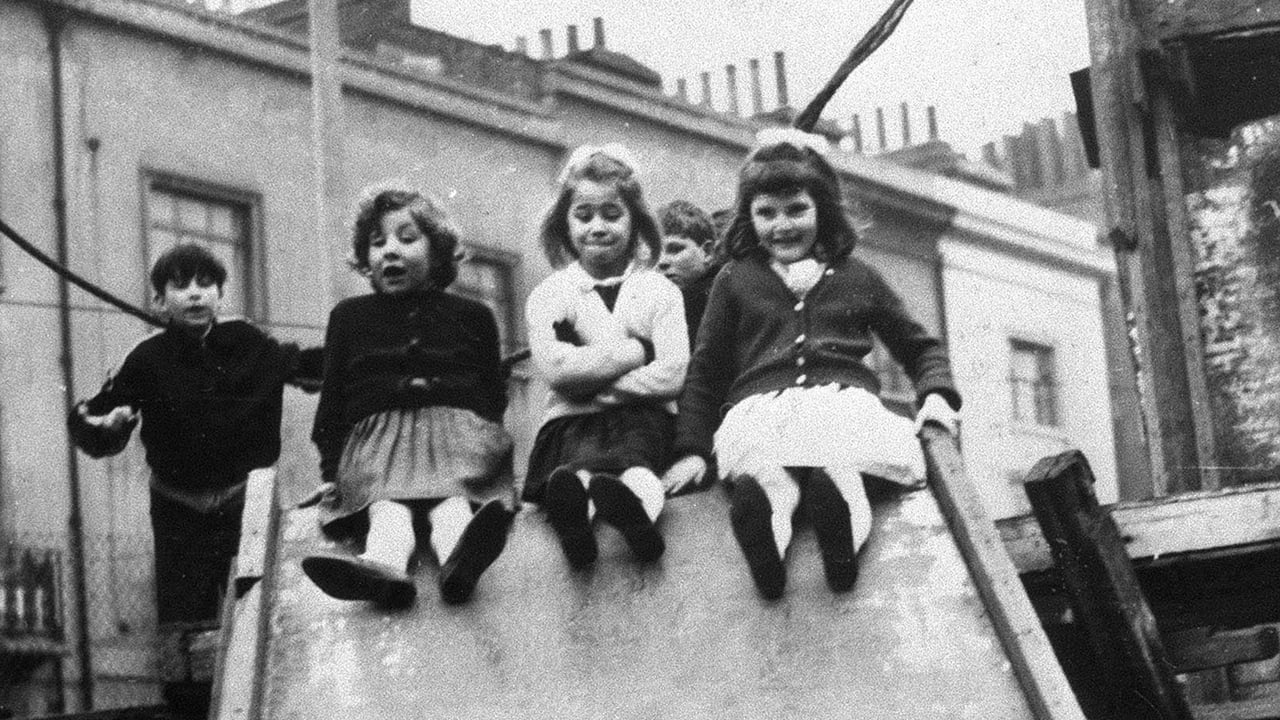

the leading man is my tpye
... View MoreVery well executed
... View MoreSERIOUSLY. This is what the crap Hollywood still puts out?
... View MoreIt's an amazing and heartbreaking story.
... View MoreIn 1964 Michael Apted filmed a documentary on a couple of seven year olds for a British television studio from various backgrounds. The idea was to see what the generation heading into the next millennium looked like at that early age, what their hopes were, their dreams, their aspirations. It was an interesting snap-shot for sure back in these days, but then again, who knew what would really become of those kids? Well, someone clever got the idea to revisit them at age 14 - and thus made another documentary. Seven years later they did it again, and more and more things began to shape and what at this time could be seen as an experiment became really extraordinarily interesting.So it went on, a documentary on the lives of people like you and me. Today, a couple of dozen years later, we've got several more installments and have gained insight on what has really become of those children of the sixties. The series as a whole is simply the most outstanding and longest running reality documentary ever filmed, it's all about life as close as it can get, and due to its unique circumstances the feat is impossible to copy. There are twists and turns in the lives that we are allowed to follow, sometimes of course also influenced by the fact that they are shown on screen, in a positive or a negative way. However, in general we get a good portion of real life experience handed out via the Seven Up! series in a way we never would be able to experience otherwise, apart from our own lives. Groundbreaking indeed, must see. Should be compulsory viewing for anyone in the process of growing up...Additional notes: The Seven Up! series has sparked various imitators all over the world, ranging from similar approaches made in the USSR, Germany, Australia and South Africa, thus honoring the original. All these attempts put together provide a kaleidoscope of developing lives around the planet in different times and places. They have their own merits, but owe much to Apted's pioneering spirit. Even Robert Linklater's "Boyhood" (2014), where a young actor is being followed playing a fictional character over twelve years while he's growing up, apparently was heavily inspired by the "Seven Up!" series. Linklater's hybrid film that tries to merge fiction and documentary however ultimately falls somewhat flat, as it is neither the one nor the other. Better stick with the real thing, and it all started here.
... View More"Seven Up!" is the forty minute documentary from 1964 that stands as a prologue for the most forward thinking documentary series of all-time. The film brings together a group of surprisingly articulate seven-year-olds from a variety of backgrounds in England. Through a number of questions posed to each of the children, the audience gets the opportunity to get to know the world through these children's eyes, and often presumably through the parent's eyes and therefore only quoted through these children. Personalities more than perspectives ring through the strongest in this first film, and the glimpse at the education system circa 1964 is intriguing. Unfortunately, as "characters" that will ultimately be seen for another forty years to come, the thick accents of some of them make for a rough start. All in all this is important cinema regardless.
... View More49 up was screened here i two episodes. Recent meetings with the participants were interwoven with flashbacks from the earlier interviews at ages 7, 14, 21, 28, 35 and 42. So beautifully put together. No sensationalism. No hopping about. Each interview subject was able to unfurl their lives in a steady pace that kept me enthralled throughout.It's a breathtaking idea that grew out of an interest in finding out what happened to the original group after another 7 years when the children had become 14. The producers have kept in touch and most of the subjects have been more or less willing to be interviewed in the subsequent years.This series of interviews, especially seen in the light of the fact that I am nearly as old as the people involved in this project, gave me so much. Seeing people live their lives, suffering set-backs, dealing with life's many stumbling blocks, gaining unexpected insights into themselves and their loved ones makes for a very gripping and fulfilling experience.Absolutely marvelous. A gem.
... View MoreI first saw this about five years ago, and I couldn't wait to see the 7+7, 14, 21, 28 and 35, and am eagerly awaiting 42 up. It gets you in, it will make you want to know how these kids will turn out. I'm a lucky one, who didn't have to wait seven years for each of these episodes to come out.If you have any interest in human behaviour, whether it be in kids or adults; if you wonder if what you thought you would be at seven, or fourteen is actually what you turn out to be; then you should watch this, and the rest of the series.
... View More